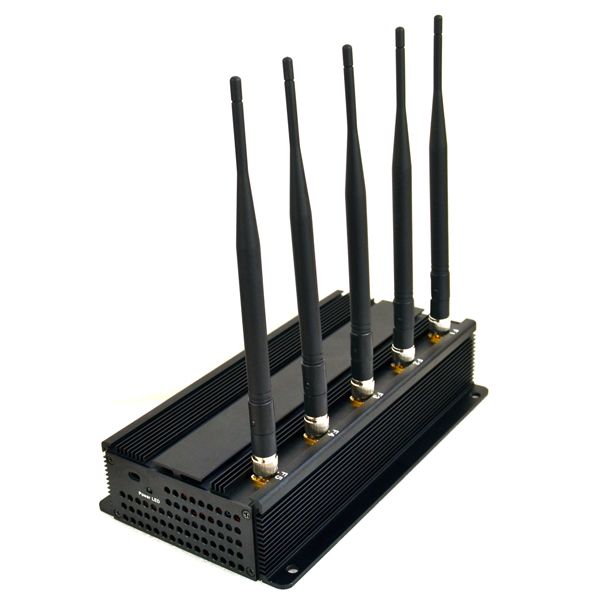Technology crimes include things like but are not limited to, misusing a technology to take information or something else of worth, control you, harass you, or impersonate you. Some of the crimes described can likewise be carried out without the use of computers systems or innovation, such as scams or identity theft, but innovation can typically make it easier for an abuser to carry out those crimes by helping him/her with accessing or using your private info, copying your information, damaging your details, or interfering with your information or technology.
 How could an electronic cyber stalker commit a computer criminal offense as a way to abuse me? An abuser could carry out a computer systems criminal activity to access to your details and use that information to keep power and control over you. S/he might do this by accessing (getting into) your computer or other technology device without your consent and copying or stealing your data, such as private identifying information, work info, calendar details, and so on. Depending upon the information that the abuser takes or discovers, s/he may use that information to stalk or harass you (appearing at the locations where you have actually marked in your calendar) or by blackmailing you by threatening to share your personal info. S/he may threaten to publish or share these videos as a method to acquire control over you if the abuser takes sexual or nude images or videos.
How could an electronic cyber stalker commit a computer criminal offense as a way to abuse me? An abuser could carry out a computer systems criminal activity to access to your details and use that information to keep power and control over you. S/he might do this by accessing (getting into) your computer or other technology device without your consent and copying or stealing your data, such as private identifying information, work info, calendar details, and so on. Depending upon the information that the abuser takes or discovers, s/he may use that information to stalk or harass you (appearing at the locations where you have actually marked in your calendar) or by blackmailing you by threatening to share your personal info. S/he may threaten to publish or share these videos as a method to acquire control over you if the abuser takes sexual or nude images or videos.
 What are some types of technology crimes? The term computer systems criminal offenses can be utilized to describe a range of crimes that include computer systems use. Computer systems criminal activities do not provide every kind of misuse of innovation. The list of possible crimes listed below is not all of the ways that a personalized computer could be misused but will offer you an idea of some of the more typical kinds of misuse. See our full Technology Abuse area to check out additional methods an abuser can abuse innovation and other legal services alternatives.
What are some types of technology crimes? The term computer systems criminal offenses can be utilized to describe a range of crimes that include computer systems use. Computer systems criminal activities do not provide every kind of misuse of innovation. The list of possible crimes listed below is not all of the ways that a personalized computer could be misused but will offer you an idea of some of the more typical kinds of misuse. See our full Technology Abuse area to check out additional methods an abuser can abuse innovation and other legal services alternatives.
Hacking is when a person purposefully accesses to your technology without your approval or accesses more information or info than what you allowed. An abuser could gain access to your personalized computer if s/he knows your password, if s/he has the skills to get into your system, or by utilizing software created to gain entry into your innovation. An abuser might likewise hack into your account without your knowledge, also including through the use of spyware. Therefore, it is essential to protect passwords and to only use technology gadgets that you believe to be safe and free of spyware or malware.
Spyware is software that enables somebody to secretly monitor/observe your personalized computer activity. The software application can be inappropriately set up on computers and on other devices, such as smart devices and tablets. Spyware can be installed without your understanding by either acquiring physical access to your device or sending attachments that will download the software application onto your device when you click on a link or download the accessory. Spyware is typically a “ghost file,” which suggests it runs hidden on your personalized computer and can be difficult to observe or eliminate. When spyware is installed, an abuser can tape and see what you type, the sites that you go to, your passwords, and other private details. A lot of communities have laws that particularly prohibit installing spyware on a personalized computer without the owner’s understanding. You might examine the other computer-related criminal offenses to discover out if the abuser’s actions are a criminal activity if your commonwealth does not have a law that deals with spyware.
Phishing is a way that a cyber criminal may use a text or an e-mail that looks real or legitimate to technique or fraud you into providing your individual details. The abuser could then go on to use your personal info to take your identity, monitor you, or blackmail you.
Computer scams is when someone utilizes technologies, the Internet, Online world gadgets, and Cyber services to defraud individuals, companies, or federal government agencies. To “defraud” any individual indicates to get something of value through cheating or deceit, such as cash or Web gain access to.) An abuser might use the information superhighway or a computer to pose as anyone else and defraud you or to posture as you and defraud a third party or to trigger you to face criminal consequences.
Identity theft is the crime of getting the individual or financial info of another individual with the function of misusing that individual’s identity. An abuser could utilize your identity to damage your credit rating, effort to make you lose your job, attain public benefits in your name, or subject you to criminal consequences for his/her actions. Lot of times, abusers utilize info that they currently have readily available such as a Social Security number, name and date of birth, and property history in order to steal an identity. Even if an abuser just has some of the above info, s/he could still carry out identify theft by getting info by using another computer systems criminal activity such as hacking, phishing, or spyware.
There are a number of federal laws that resolve computer crimes, also including the Technology Fraud and Abuse Act and the Wiretap Act. Additionally, lots of commonwealths have private laws that safeguard a person against hacking. The law in your state may be called hacking, unapproved access, or computer trespass or by another name depending upon your community’s laws. You can get extra information here, when you have a chance, by clicking the hyper-link allfrequencyjammer …!
The National Association of Community Legislatures has abided by computer crime laws on their website and state phishing laws. The National Association of State Legislatures has actually likewise compiled spyware laws on their website. You can also inspect our WomensLaw.org Crimes page in your state to see if we list any pertinent criminal offenses.
Along with that, you might likewise have an alternative to utilize the civil legal system to fight personalized computer crimes. You may also be able to ask a civil court, adding household, domestic relations, or divorce courts depending on your commonwealth, to stop the person to cease committing technology criminal activities by asking a court to include things like protection provisions in a detering order.
